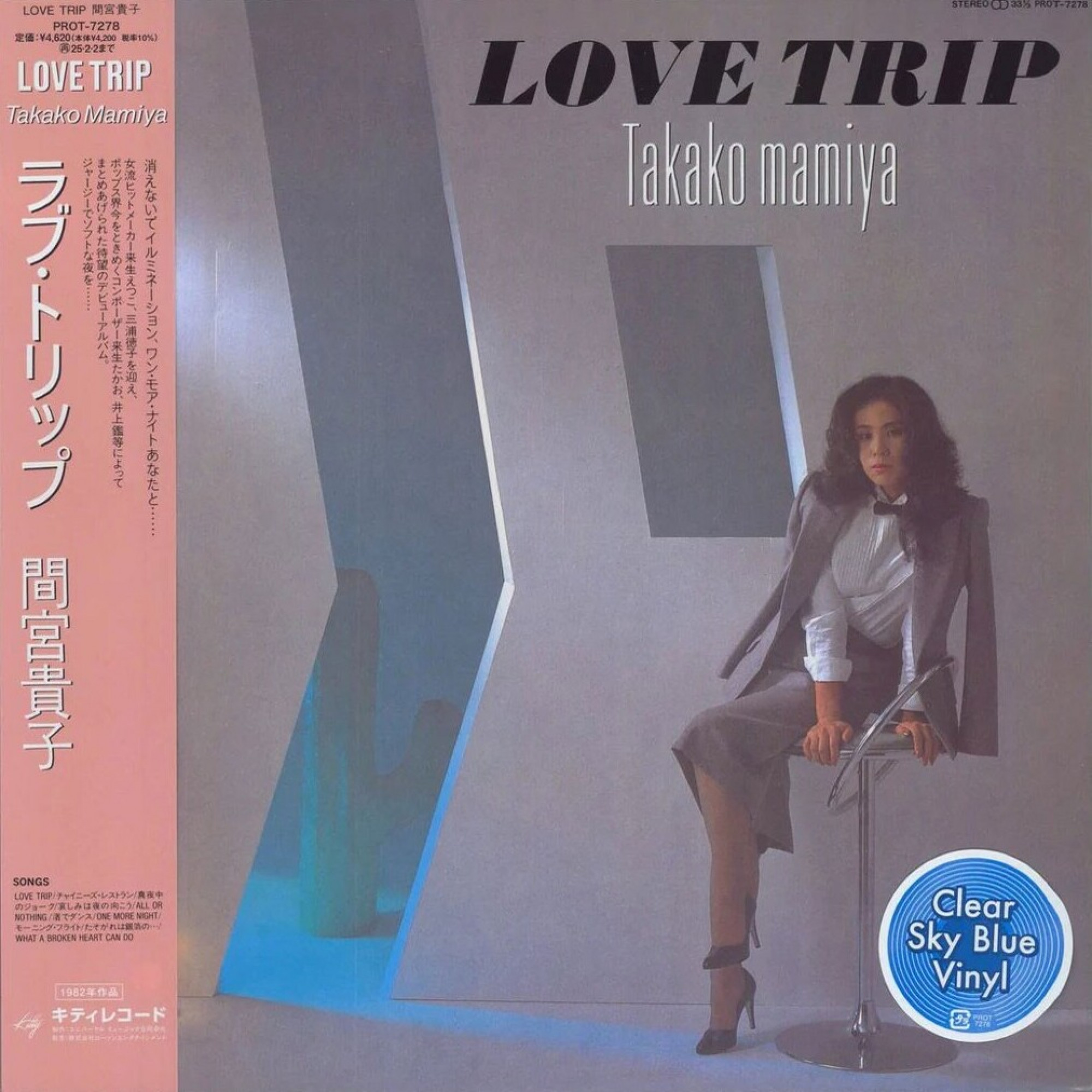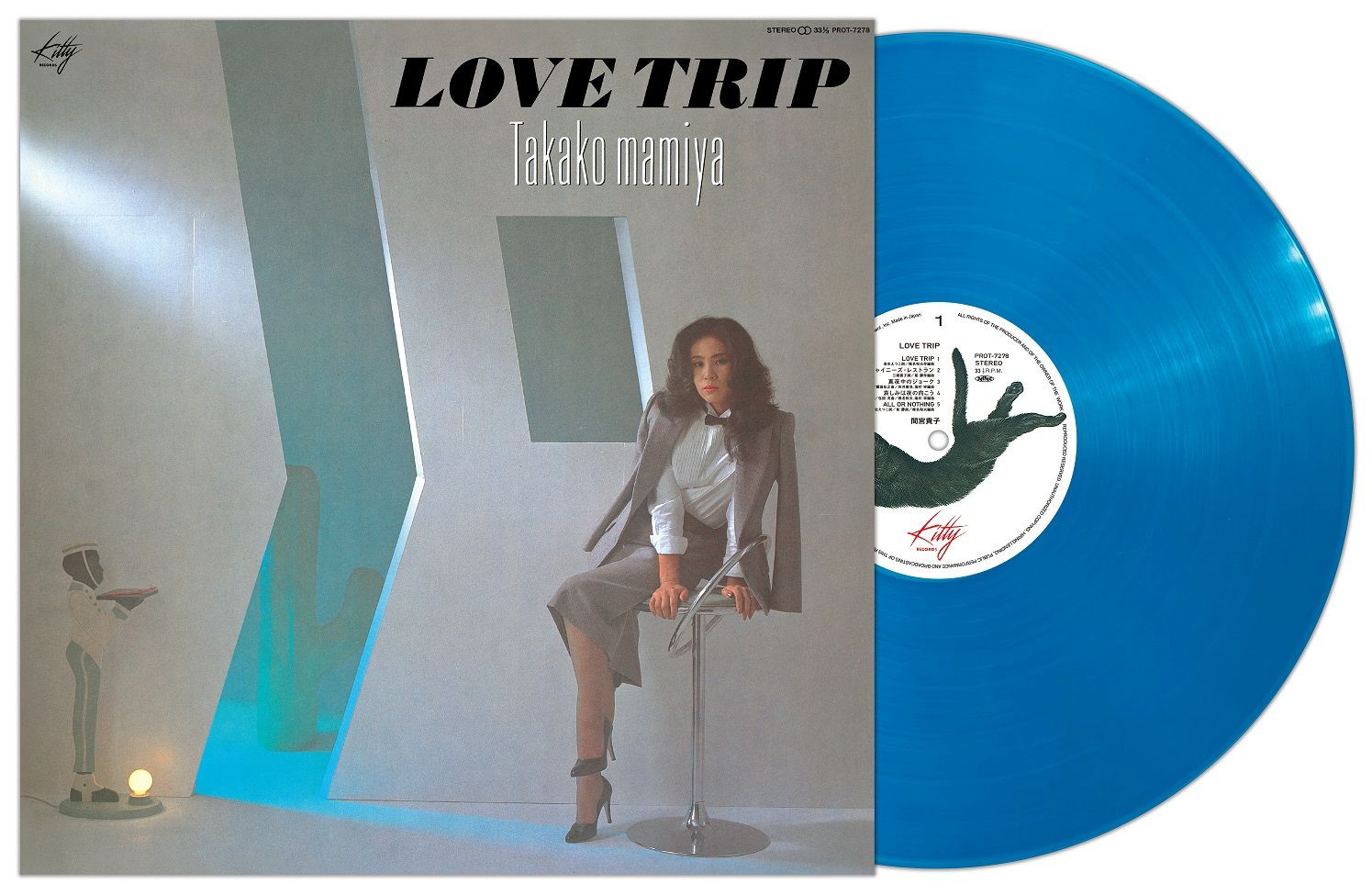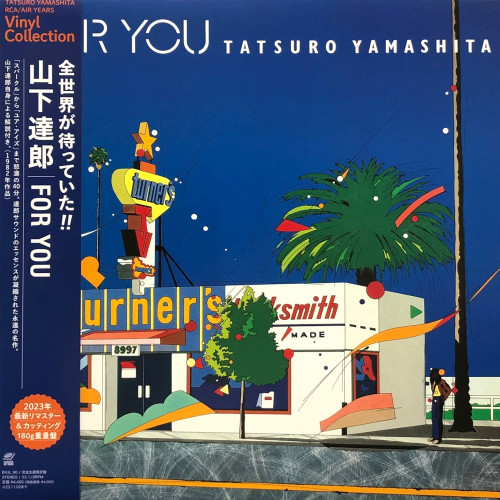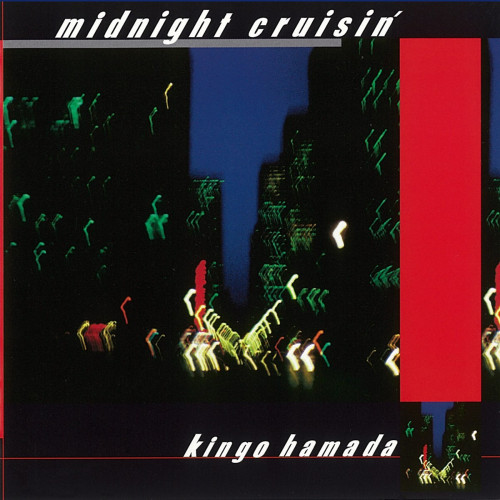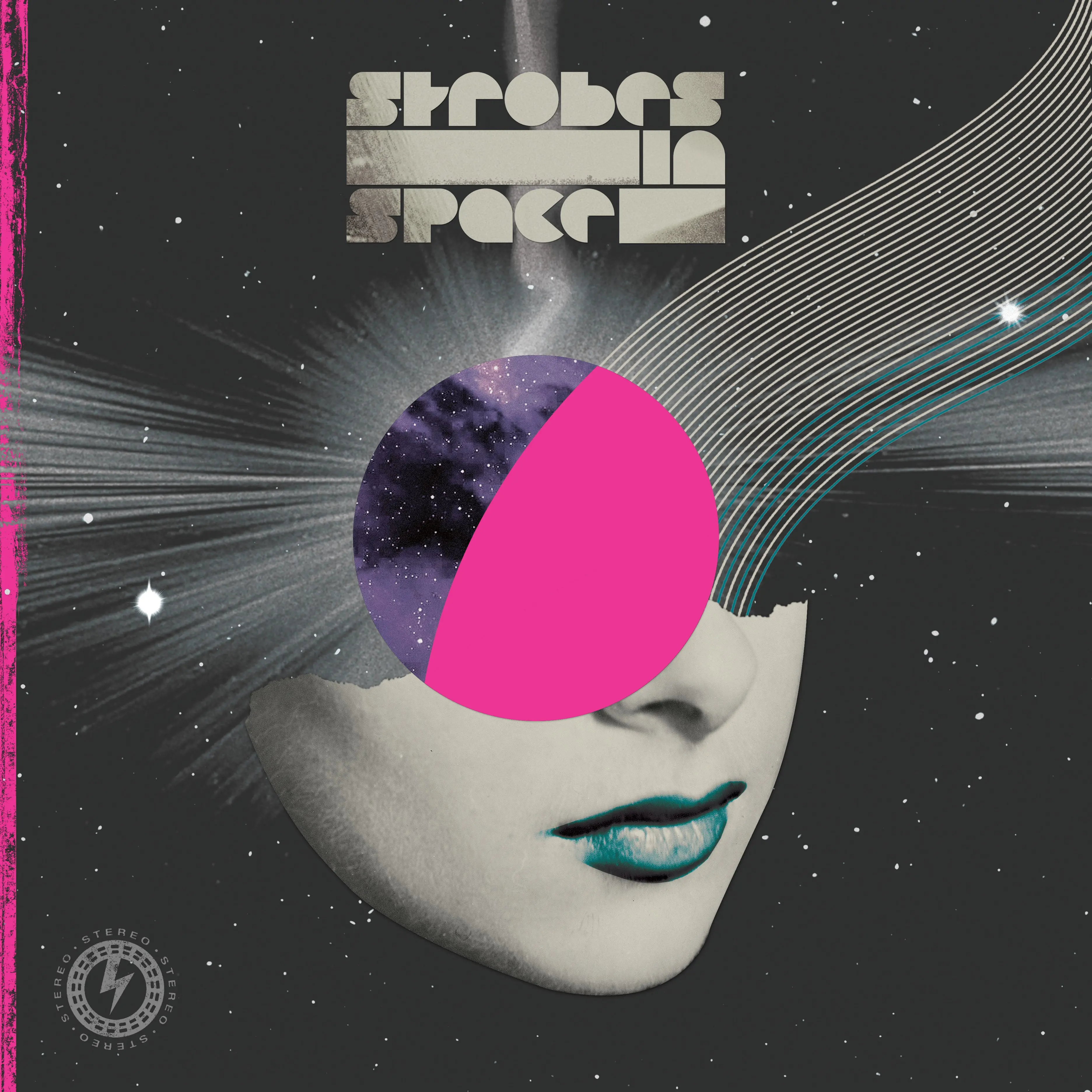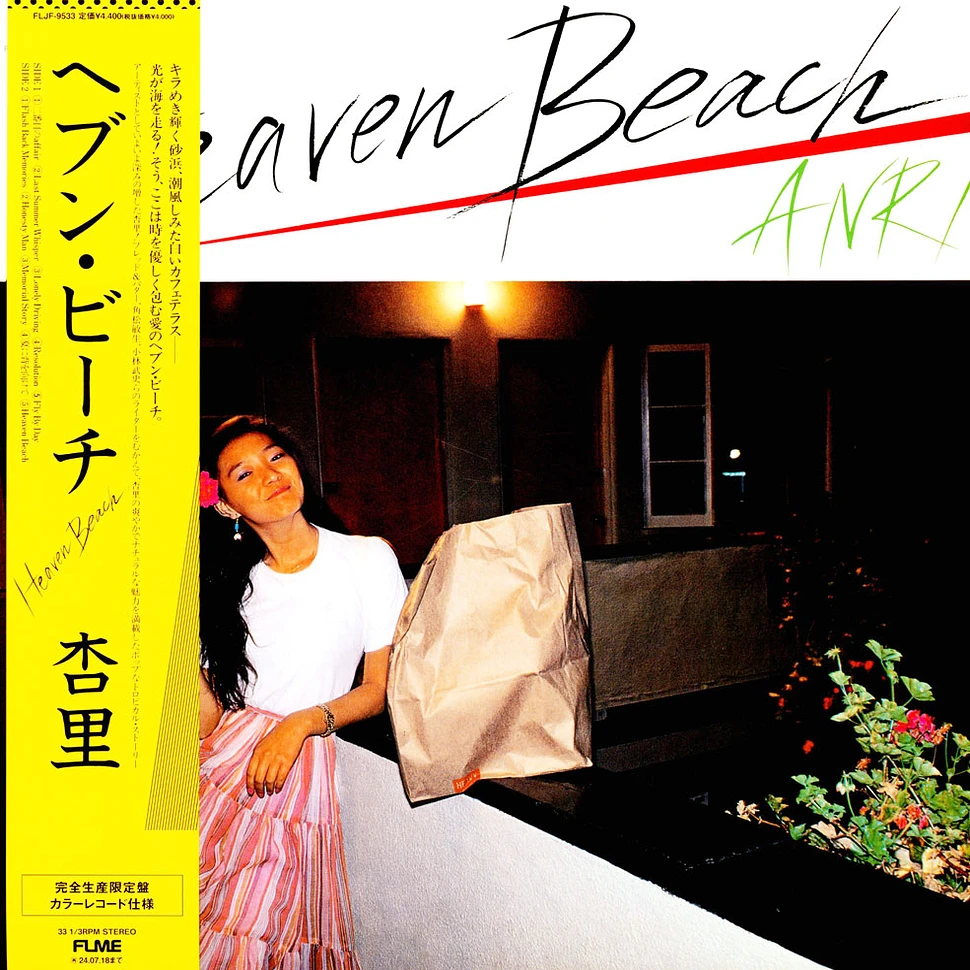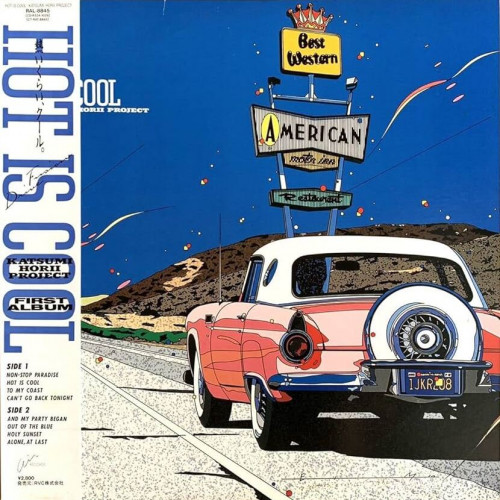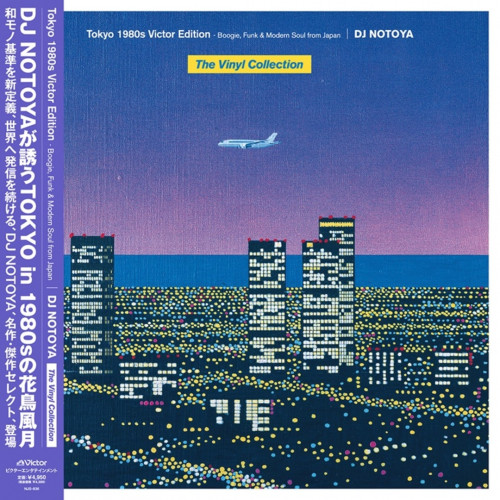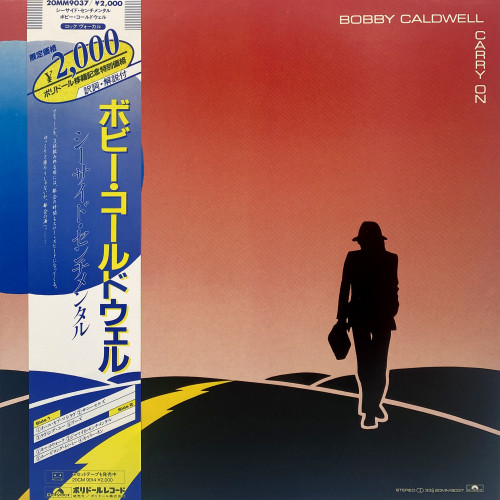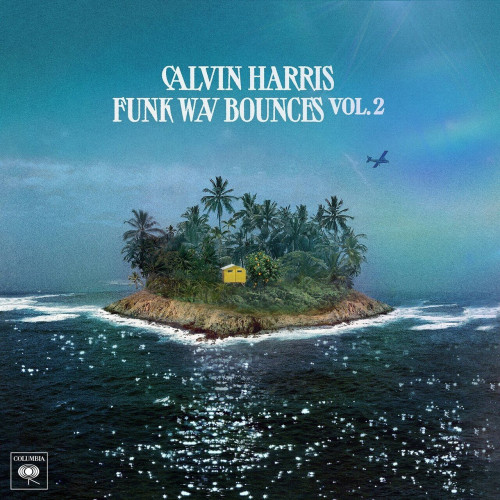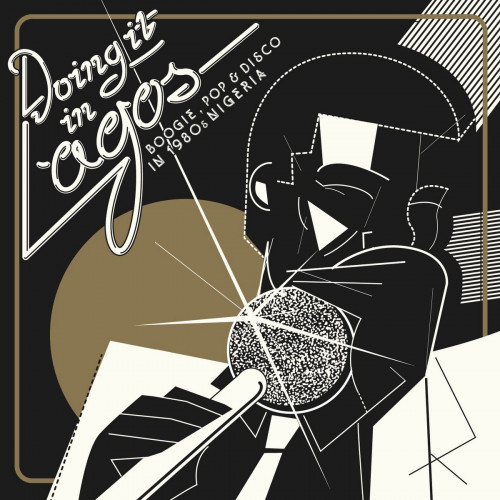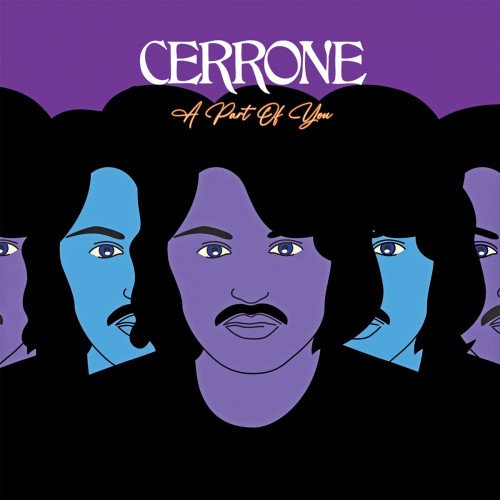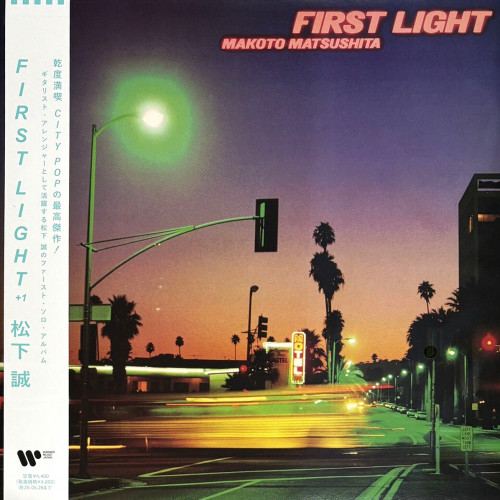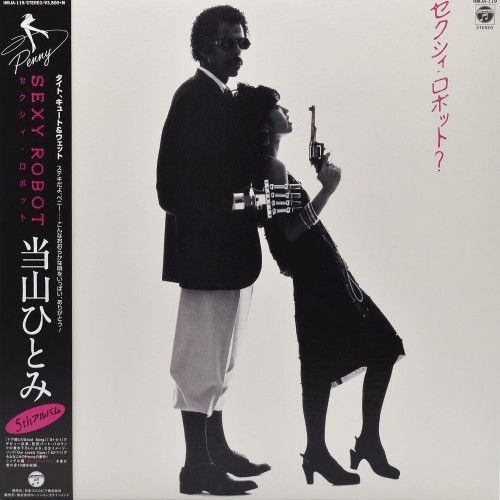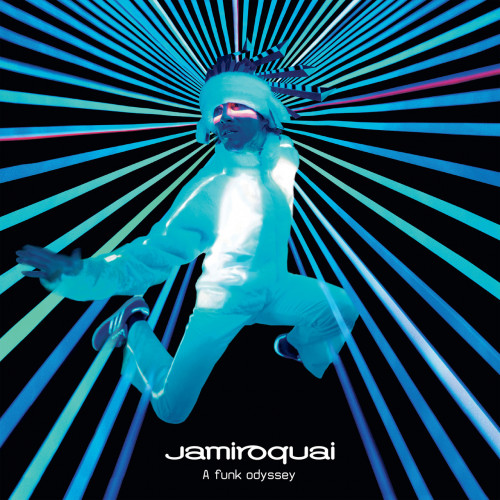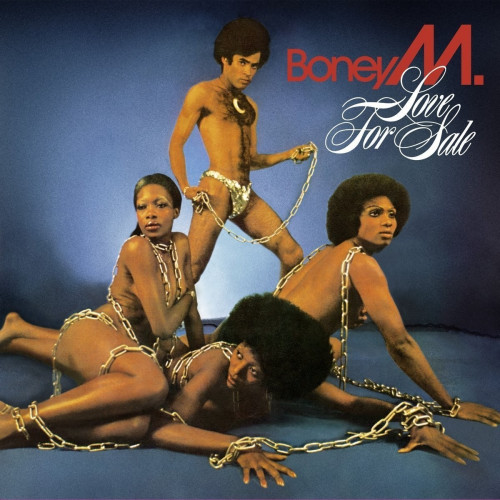Love Trip is a mystery for anyone that crosses paths with it. The album itself is held as one of the big representatives of the City Pop movement in the 80's, but despite looking throughout the internet, finding any sort of information about the singer, let alone the record itself, just seems like something impossible. This doesn't just extend to the English language, because there are no news articles, archives, documents, analysis, appreciation posts, or even a single Wikipedia entry in Japanese. It is as if the album just popped into existence, engaging whoever happened to encounter it due to its sweet, calming, and charming nature. Tracking any sort of information about Takako is something many would love, but the questions seem to be here to stay. And even if culture and the interest surrounding the record just seem to be growing stronger with time, it is still a peculiar gem, a very rare find that covers the beautiful music that it has to offer with a veil of mystery and uncertainty. But it isn't just precious because of its curious and captivating context (or, rather, its almost non-existent context), but also because the songs that it presents are great. The project is polished, with the presence of many well known artists tackling songwriting and arrangement coming out with pleasant and satisfying results, and making up for an emotional experience that is comforting from beginning to end.
The slow, mellow, passionate, and calm atmosphere that the music provides certainly suits well the world of mystery that surrounds the album and everything related to it. Despite carrying one particular midnight/night-time mellow atmosphere, it does its best to flesh out as much as possible, never standing still on just one concept and one formula, and offering a lot of variety while keeping the feeling of love, sadness, struggle, and passion alive at all points. It is not a record that lives off one track and just offers filler for thirty minutes, rather being something always engaging and memorable at every given moment. Of course, this is not a perfect album, because while there is a consistency and quality in every single song, some of the themes and arrangements could have been fleshed out even more. But still, every song is enjoyable and captivating on its tone, with highlights like 渚でダンス, What A Broken Heart Can Do, チャイニーズ・レストラン being perfect examples for showing the potential that Ms. Mamiya had with her vocals and instrumentals, becoming some fantastic gems and masterpieces from the genre. Takako might have been looking for an identity of her own, but that dynamic and subtle variety is what makes Love Trip so special, so unique even within an oversaturated genre. It is reminiscent of many things, but it presents a very particular personality. It is very hard to compare with other artists, with elements, and perhaps influences, from Taeko Ohnuki, Makoto Matsushita, old school Happy End, and even Meiko Nakahara (also curiously having all these elements because of the fact that the musicians that helped with the sessions participated on such records), but its the spirit of love and loneliness that makes this something truly special and outstanding in many different ways.
